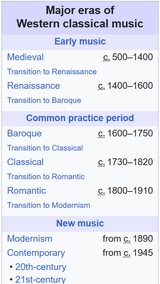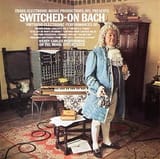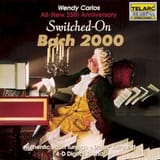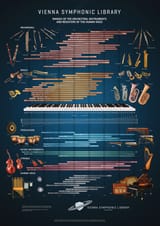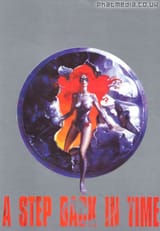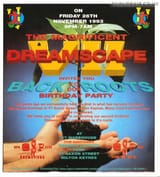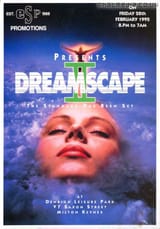Anonymous
6/18/2025, 11:45:01 PM
No.126752922
[Report]
>>126753022
>>126753084
>>126753111
>>126753175
>>126757595
>>126758740
>>126758753
>>126759334
>>126762358
>>126768491
>>126774065
>>126775182
>>126775717
>>126775780
>>126778787
>>126779037
>>126779566
>>126779910
>>126780407
>>126781703
>>126782434
>>126793994
>>126797598
>>126806356
>>126806394
>>126806748
>>126811964
>>126813810
Are you ready to take the final musicpill yet?
There's a whole universe of music waiting for you to explore it. And it has an unmatched ability to convey emotions, often more powerfully than words ever could. Through its complex arrangements and dynamics, it can express everything from joy and tranquility, to sorrow and tension, allowing listeners to connect with emotions on a deeper level. There's a reason composers spend years studying and analyzing music, it's because classical music is built on an unparalleled understanding of human emotion and sound. The effort effort that goes into crafting these pieces is immense. The beauty of classical music is that anyone can connect with it, but it requires an open mind and a bit more effort than you'd expect. Every person can find a piece of classical music that speaks to them, as long as they're willing to listen closely and let it unfold.
Here are wide range of emotions and feelings expressed through classical music:
>Joy
https://www.youtube.com/watch?v=zbyO7qRoB7E&list&index=1
https://www.youtube.com/watch?v=OxUHZeeW2jU&list&index=1
>Triumph
https://www.youtube.com/watch?v=_KGPFkDaPoo
https://www.youtube.com/watch?v=neszNy7NriU&list&index=6
>Love
https://www.youtube.com/watch?v=mVnBZTwXwwM&list=&start_radio=1
https://www.youtube.com/watch?v=jp0H-fr-y1g&list=&index=3
>Peace
https://www.youtube.com/watch?v=Ch2mrPm1JnM
https://www.youtube.com/watch?v=VM7LFeDwKiM
>(...)
p.s. I put a great effort into compiling all that music and great recordings, so if you're coming to this thread, put some effort into listening.
Here are wide range of emotions and feelings expressed through classical music:
>Joy
https://www.youtube.com/watch?v=zbyO7qRoB7E&list&index=1
https://www.youtube.com/watch?v=OxUHZeeW2jU&list&index=1
>Triumph
https://www.youtube.com/watch?v=_KGPFkDaPoo
https://www.youtube.com/watch?v=neszNy7NriU&list&index=6
>Love
https://www.youtube.com/watch?v=mVnBZTwXwwM&list=&start_radio=1
https://www.youtube.com/watch?v=jp0H-fr-y1g&list=&index=3
>Peace
https://www.youtube.com/watch?v=Ch2mrPm1JnM
https://www.youtube.com/watch?v=VM7LFeDwKiM
>(...)
p.s. I put a great effort into compiling all that music and great recordings, so if you're coming to this thread, put some effort into listening.


